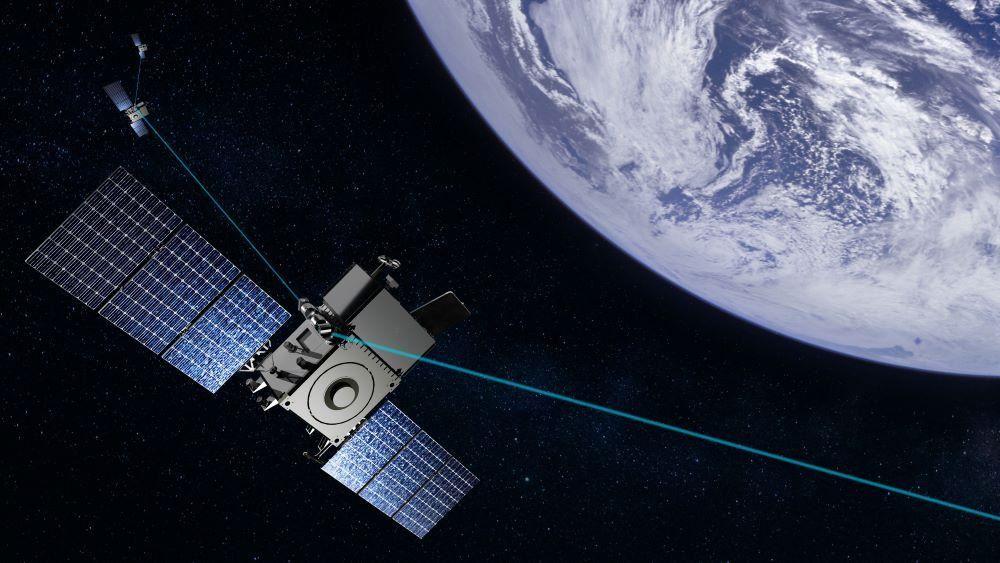
The U.S. Space Force awarded BAE Systems the first contract for its MEO-based missile warning/missile tracking Epoch 2 program.
Credit: BAE Systems
The U.S. Space Force expects to soon award a second contract for its next batch of missile warning/missile tracking satellites in medium Earth orbit (MEO), the program executive officer for space sensing said July 1. The service on May 29 awarded a $1.2 billion contract to BAE Systems Space and...
Subscription Required
DOD To Tap Second Vendor For MEO-Based Missile Tracking Sats is published in Aerospace Daily & Defense Report, an Aviation Week Intelligence Network (AWIN) Market Briefing and is included with your AWIN membership.
Already a member of AWIN or subscribe to Aerospace Daily & Defense Report through your company? Login with your existing email and password.
Not a member? Learn how you can access the market intelligence and data you need to stay abreast of what's happening in the aerospace and defense community.





